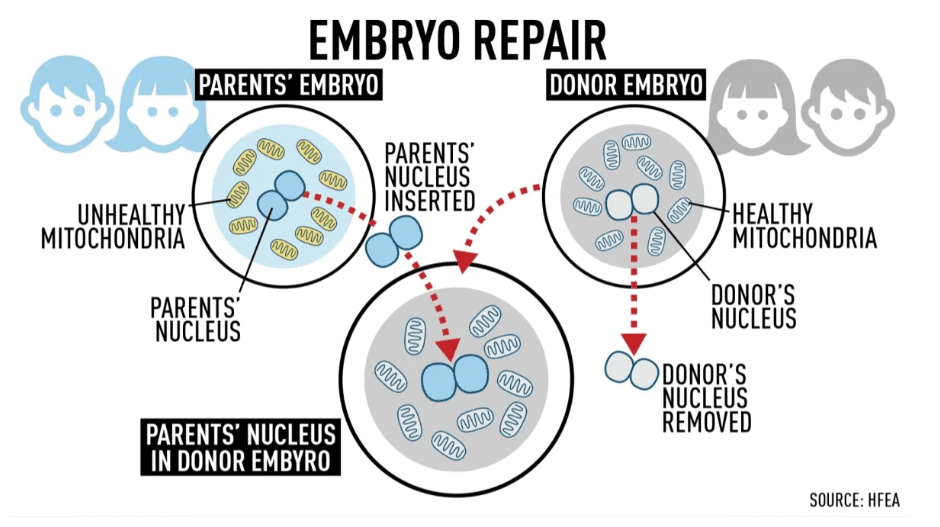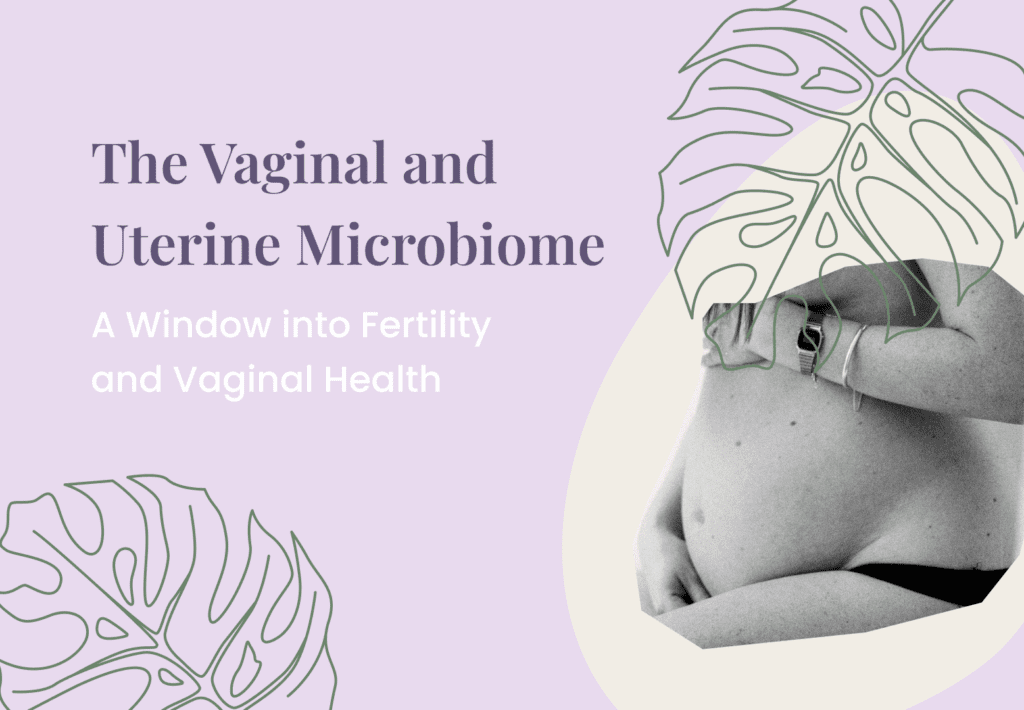
Approximately 1 in 6 Canadian couples experience infertility. Couples become classified as infertile if they don’t get pregnant after trying to conceive for one year. Although conversations about infertility have become more normalized, involuntary childlessness remains an emotional rollercoaster. Realizing that conceiving or staying pregnant might not be as simple as you dreamed it would be is challenging.
The good news is that medical advancements and new fertility treatments in 2020 allow more people can build the family they’ve always wanted. In 2021, LGBTQ couples, single parents by choice, and people with health conditions also utilize new fertility treatments in 2021 to help them conceive.
After all, the first IVF baby was born just 42 years ago. Revolutionary fertility advances of the past few decades show that some of the most significant breakthroughs in fertility are still on the horizon.
Read more to learn about the future of fertility treatments and new trends in family building.
New Fertility Treatments in Reproductive Medicine
Innovation in the Fertility Treatments Tech Space
The fertility tech market is expanding rapidly. As a result, many experts believe that the research and innovation from many new fertility start-ups will impact reproductive medicine.
Fem tech includes software and products designed to improve women’s health. It often educates women about their menstrual cycles and reproductive health. Clue, a period tracker and ovulation tracker app. Also, Lilia, a start-up that streamlines the process of egg-freezing, are some examples of the advances of innovation in the fertility space.
Womb Transplants
In July 2019, a woman in her mid-thirties was the first in North America to give birth after receiving a uterus transplant from a deceased donor. This is a huge beacon of light for women experiencing uterine factor infertility (UFI).
Women with UFI either are born without a uterus or had their uterus removed, meaning surrogacy is currently the only option for having a biological child. This ground-breaking research trial conducted by the Cleveland Clinic suggests that women with UFI might one day be able to conceive and give birth on their own with a transplanted uterus.
Three-Parent Babies
The thought of a “three-parent baby” sounds more complicated than it is. Let’s break it down.
Right now, 1 in 4,000 people lives with mitochondrial DNA disease. It’s only passed down by mothers and can cause issues with the liver, kidneys, brain or muscles or more. In more severe cases, it can cause developmental delays, organ failure and blindness.
Three parent babies result from mitochondrial replacement therapy (MRT). This new form of “gene editing” is currently one of the most controversial fertility treatments.
Here’s how it works: A couple’s embryo is created through IVF. If the mother has unhealthy or faulty mitochondria, the parent’s nucleus is inserted into a healthy mitochondrial donor embryo. The donor’s nucleus is then removed.
This procedure is still experimental and it’s long-term effects on embryos are unknown. However, this fertility treatment holds the potential to correct abnormal genes and screen for diseases for healthier babies.
The Future of Family Building and Fertility Treatments in 2021
Reproductive technology is redefining the possibilities of parenthood for millions of people around the world. We’re at the start of the new era of fertility tech and specialists are still learning about womb transplants and MRT. However, the future of new fertility treatments in 2021 is bright.
Here are three trends we expect to see in the future of family building.
Egg freezing will become more popular.
Since 2012, the American Society of Reproductive Medicine no longer considers egg freezing an experimental procedure.
Nowadays, more Canadian women choose to freeze their eggs to preserve their chances of conceiving a biological child later in life.
Fertility clinics are also reporting a higher interest in social egg freezing due to the COVID-19 pandemic.
People will continue to postpone parenthood.
A 2018 survey by BDO shows that one in five millennials delay parenthood because of personal finances. According to Stats Canada, most Canadian women start their families around age 30 and have fewer children than before.
More moms and dads will choose single parenthood.
Learning about your reproductive health helps you to make more informed decisions about your fertility. For a growing number of Canadians, this means starting a family on your terms and becoming a single parent by choice. Studies also show that an increase in lone-parent families, which now make up 20 percent of families in Canada, may continue to normalize the trend of having a baby by yourself.
If you’re interested in learning more about different ways to begin your parenthood journey, downloading our patient referral form is the best place to start.







